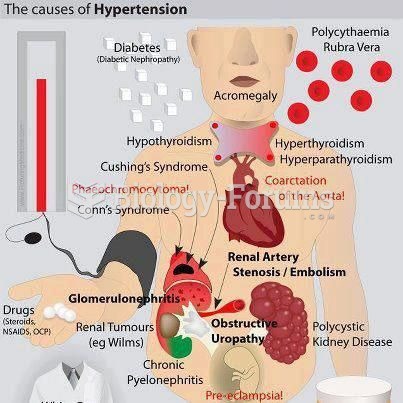|
|
|
Computer programs are available that crosscheck a new drug's possible trade name with all other trade names currently available. These programs detect dangerous similarities between names and alert the manufacturer of the drug.
Bacteria have flourished on the earth for over three billion years. They were the first life forms on the planet.
Medication errors are three times higher among children and infants than with adults.
The liver is the only organ that has the ability to regenerate itself after certain types of damage. As much as 25% of the liver can be removed, and it will still regenerate back to its original shape and size. However, the liver cannot regenerate after severe damage caused by alcohol.
There are approximately 3 million unintended pregnancies in the United States each year.







